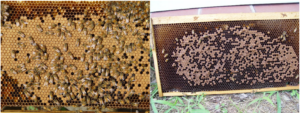
What Should I Be Doing in My Apiary This Month? July
July is not as busy as the previous few months, but it is still a very important month in …



El inglés es el idioma de control de esta página. En la medida en que haya algún conflicto entre la traducción al inglés y la traducción, el inglés prevalece.
Al hacer clic en el enlace de traducción se activa un servicio de traducción gratuito para convertir la página al español. Al igual que con cualquier traducción por Internet, la conversión no es sensible al contexto y puede que no traduzca el texto en su significado original. NC State Extension no garantiza la exactitud del texto traducido. Por favor, tenga en cuenta que algunas aplicaciones y/o servicios pueden no funcionar como se espera cuando se traducen.
Inglês é o idioma de controle desta página. Na medida que haja algum conflito entre o texto original em Inglês e a tradução, o Inglês prevalece.
Ao clicar no link de tradução, um serviço gratuito de tradução será ativado para converter a página para o Português. Como em qualquer tradução pela internet, a conversão não é sensivel ao contexto e pode não ocorrer a tradução para o significado orginal. O serviço de Extensão da Carolina do Norte (NC State Extension) não garante a exatidão do texto traduzido. Por favor, observe que algumas funções ou serviços podem não funcionar como esperado após a tradução.
English is the controlling language of this page. To the extent there is any conflict between the English text and the translation, English controls.
Clicking on the translation link activates a free translation service to convert the page to Spanish. As with any Internet translation, the conversion is not context-sensitive and may not translate the text to its original meaning. NC State Extension does not guarantee the accuracy of the translated text. Please note that some applications and/or services may not function as expected when translated.
Collapse ▲
July is not as busy as the previous few months, but it is still a very important month in …
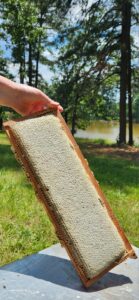
Summer is here! Days are hot and long, the nectar flow is slowing down and just about done in …
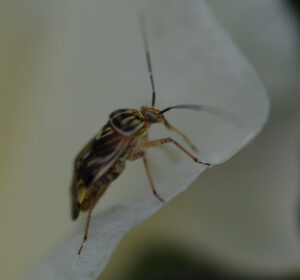
As cotton starts to square, it’s time for growers to check their fields every week for tarnished plant bugs. …
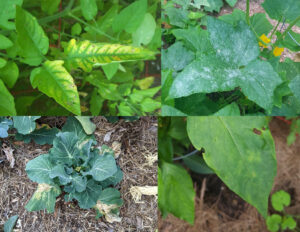
Please note: this message affects all PDIC users, except samples of turf/grasses for the Turf Diagnostic Lab Summer is always …

Two significant changes are coming to the PDIC this spring: Our lab will be moving to the Varsity Research …
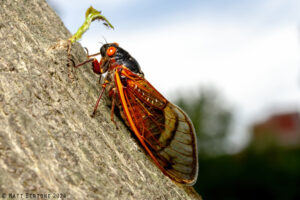
If you missed them last year or didn’t get your fill, you’ll have another chance to see periodical cicadas …
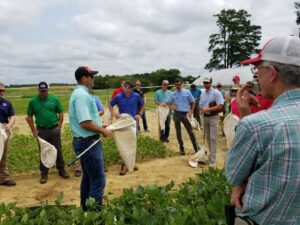
With cotton prices down, many growers are looking for ways to cut production costs. This article emphasizes the importance …
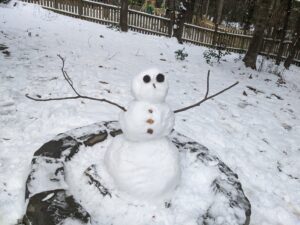
Due to the winter weather, NC State will operate under Condition 2 (Suspended Operations) on Wednesday, Feb. 20th. Under …
We’re happy to announce that we have received funding from USDA-NIFA to help beekeepers in Western North and South …

Condition 2 (Suspended Operations) have been extended until 10 a.m. on Thursday, January 23, 2025. We hope for much …

In observance of the Dr. Martin Luther King, Jr. holiday, the Plant Disease and Insect Clinic will be closed …

Due to the incoming winter storm and its expected impact on travel, the Plant Disease and Insect Clinic will …
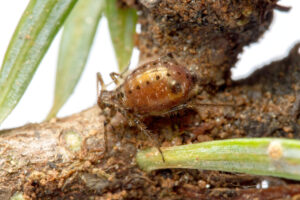
As the holiday season approaches, the PDIC will be following scheduled closures based on the university holiday calendar. For Thanksgiving, …
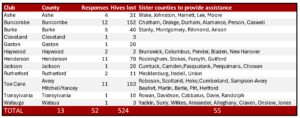
Update 11/02/24 We are tabulating a running compilation of the documented needs of beekeepers in Helene-affected areas. This table will …
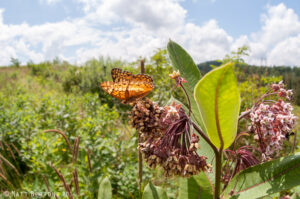
In the aftermath of Helene and the devastation that hit Western North Carolina, our hearts go out to those …

UPDATE 1/21/25: The weather has gotten in the way again! Our event venue has announced that they will be …
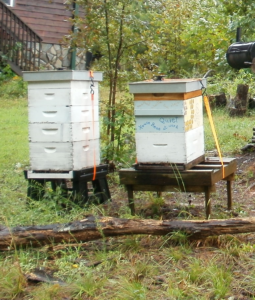
With the track of tropical storm Debby poised to make a significant impact on North Carolina, there are some …

To get a pesticide license there are a few steps to take, but it’s all pretty straightforward. Below is …

Gummy stem blight is caused by several closely related fungal pathogens in the genus Stagonosporopsis …
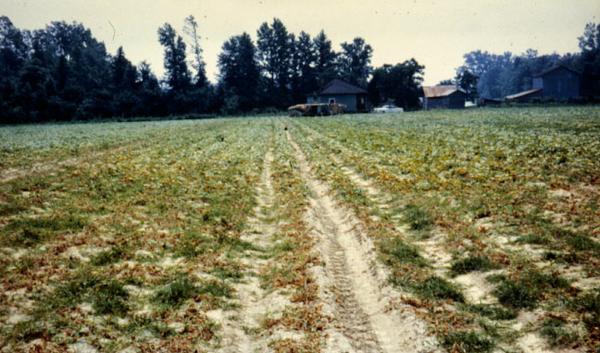
This vegetable pathology factsheet describes the identification and treatment of anthracnose in cucurbits.
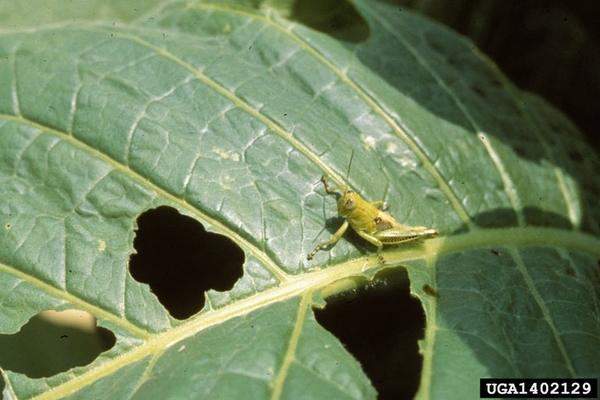
Several species of grasshoppers can cause foliar feeding damage in tobacco. They are typically most …

This Extension publication provides an overview of the tobacco budworm (Chloridea virescens), a common pest …

This factsheet summarizes the characteristics of bees and addresses how to control them as an …

This publication discusses Anthracnose Fruit Rot (Colletotrichum sp.) of blueberries in detail. Included are the …

This factsheet describes the symptoms of a shoot inhibitor herbicide injury.

This factsheet describes the symptoms of a metribuzin herbicide injury.